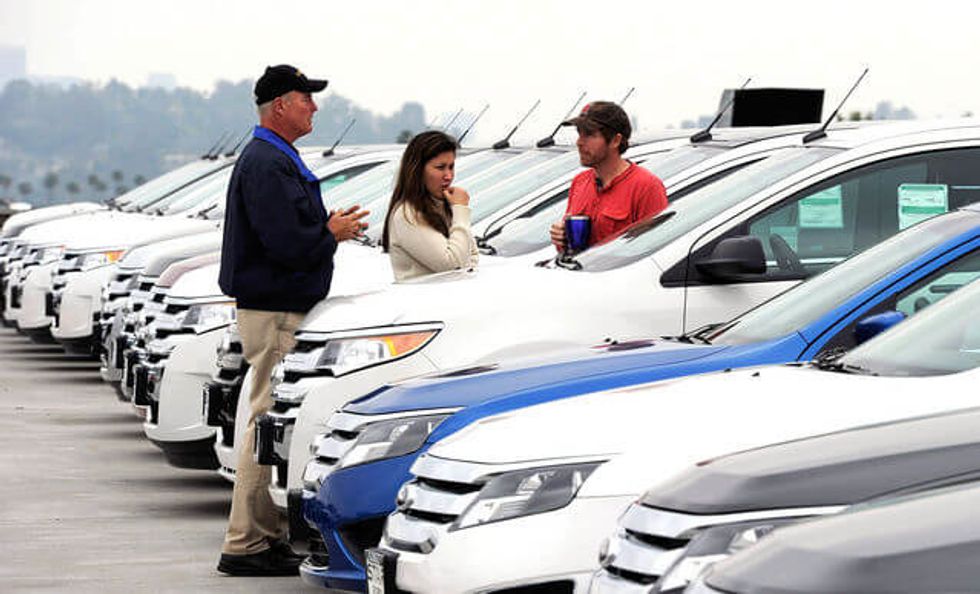Buying a used car is a smart money move. You'll get more bang for your buck, as the value of a new car drops dramatically the moment it's driven off the lot by its new owner. Plus, you still get the shiny feel and the "new-car smell" when buying used rather than brand new, so what's not to love?
However, if you are new to purchasing used, you may not know where to start. So we compiled a list of what every beginner should know before making the plunge and purchasing a used vehicle.
Create a budget
You never want to walk on a car lot or go to salvage car auctions without establishing what you can and cannot afford. Take a look at your monthly income and determine exactly what you can put towards a new vehicle, and break this number down into chunks so you know what you'll need to put away each week to make your purchase work. And when you create this budget, stick to it! A budget is only helpful if you commit to it long-term.
Don't look at features you can't afford
This may sound obvious, but it's so easy to fall into this trap: avoid focusing on any features you know will be outside your budget. Keep your budget in mind when looking at car features, brands, and makes and models. Plus, doing so will help you narrow down your search to figure out what you really need (versus what is simply tempting).
Write down the non-negotiable features
As you begin your search, take out a pen and paper and write down the non-negotiable features you need in your car. This can be anything from what you need the car for, to the color you'd like. Here's an example list:
- Large car for road trips and vacations
- Large trunk for carrying groceries
- Four doors
- Anti-lock brakes
- Backup camera
- Automatic gear
- Electronic stability control
- Airbags around perimeter of the car
After you create the list, number your features in order of importance. This way, you'll be less overwhelmed when you walk onto the dealership lot to look at what's available.
Check the Kelley Blue Book
Once you narrow down some features you'd like, the next step is to understand the value of the car you're looking to buy. It's always a good idea to double check the Kelley Blue Book to get accurate pricing information. The KBB also lists what the car is worth, as well as the average lifespan of the car, so you can know what to expect when you're purchasing.
Request a Carfax Vehicle History Report
You never know what happened to your car in the past. Cars can be literal treasure troves of hidden information that you may not see until it is too late. For example, if your car was in a flood, you may not see that the underbed is lined with rust that can be incredibly costly to fix down the road. Requesting a Carfax report will prevent any surprises and give you a better understanding of whether the car is right for you.
Ask a mechanic to look over your car
Consulting a mechanic is the best way to be absolutely sure your car is in top shape before you buy. Most car dealerships offer this service, so be sure to double check and request it before signing on the dotted line. If anything, a mechanic's consultation can give you peace of mind that your used car is ready to go.
Buying a used car doesn't have to be hard when you follow these six steps. As long as you stick to your budget, understand what to look for, and consult a professional, you'll be on your way to purchasing the best vehicle for you and your family's needs.
















